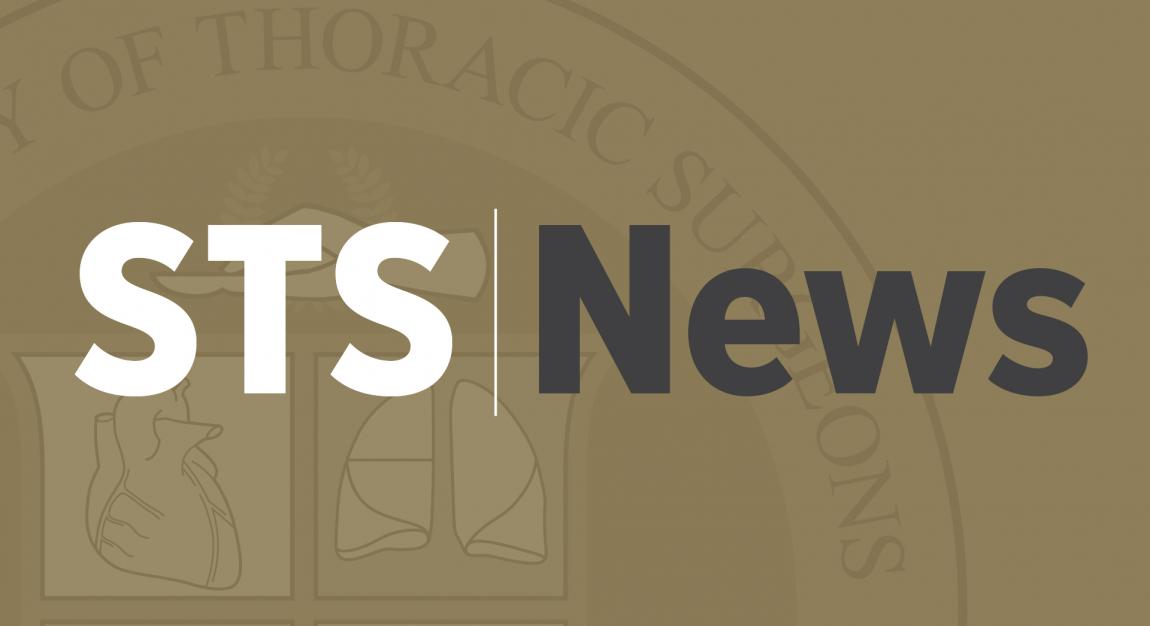STS News, Summer 2022 — While the fighting in Ukraine rages on, global congenital heart surgeon William M. Novick, MD, can be found in the operating rooms of hospitals throughout the war-torn country, saving lives of the littlest patients.
These operations are considered challenging; they are complex, dynamic, and often time- and resource-constrained. Not to mention the additional risks that result from the fighting and life-threatening danger on the other side of the hospital walls.
“When I hold a child’s heart in my hands, I experience an extremely scary, humbling, and challenging series of thoughts,” said Dr. Novick. “Scary, because that child might die. Humbling, in that God gave me the ability to do this. Challenging, because we want to save every child no matter how bad the defect is.”
Dr. Novick, from the University of Tennessee Health Science Center in Memphis, and his team from the Novick Cardiac Alliance have traveled to Ukraine several times over the years, and they’ve committed to four visits in 2022. So far, they have completed three—traveling to the country in January, March, and, most recently, in June.
“The physical damage being caused in the country is going to set back medical care in Ukraine years, maybe decades,” he said. “We were in the country during the last week of January and the first week of February. While our team was there, there was a developing threat of a Russian invasion, with troops already staging on the border and in Belarus.”

Then, while the team was in Lviv this spring, the far western Ukraine city was bombed, said Dr. Novick. Even so, they worked day and night, desperately trying to complete as many surgeries as they could in a short amount of time.
“They put us up in the hospital,” he said. “There’s no room anywhere in the city, in any hotel, because of all the refugees. We took a nap, I talked to the administrator, and then we got started.” Dr. Novick and his team operated on six children: three newborns, and another three who were just days old.
Each year, 1 million children in low- and middle-income countries are born with congenital heart disease, according to Dr. Novick, and most do not have adequate pediatric cardiac care.
The most challenging place in which he’s operated was Tashkent, Uzbekistan. The conditions included ancient equipment, unclean operating rooms, and dangerous power supplies.
“There was a bypass machine—unplugged—on a counter,” said Dr. Novick. “Sitting on the floor next to the machine was a pair of heavy rubber gloves and rubber boots. Our perfusionist went to plug in the bypass machine. Simultaneously, six Uzbeks screamed, ‘NYET! Put on gloves! Put on boots!’ So he did, and when he plugged in the machine, sparks flew.”
Dr. Novick explained that many of these countries don’t have any options for heart surgery unless it’s charitable. “And, what makes this work special is we are doing it in places where no one else wants to go,” he said.
So Much More than Surgery
In addition to their surgical skills and expertise, Dr. Novick and his team in March brought to Ukraine 14 massive bags of supplies to support pediatric heart surgery and pediatric cardiology, and for the trip in June, he shipped 12 pallets of equipment and materials. This is important to note because the Cardiac Alliance works to save lives, but also helps local teams assemble and sustain cardiac centers. In fact, the centers that the Cardiac Alliance builds typically are sustainable within 3 years.
“We do pediatric heart surgery, but we also train pediatric cardiologists, and nurses in the ICU, respiratory therapists, those who run the heart-lung machine, and the catheterization lab technicians. We try to get all these people trained up to improve their diagnostic skills, or work on catheterization or anesthesia, and we do a lot of it in conflict zones,” said Dr. Novick.

‘You Protect People…That’s Your Job’
Dr. Novick is not only doing much of the surgery himself, but he’s also gathering donated supplies, lining up financial contributions, and organizing training programs.
Described as the undisputed leader of the Novick Cardiac Alliance, he’s known to run the team with a “thundering hand.” And his work in these countries—especially in Eastern Europe—holds personal significance for Dr. Novick. His grandmother, who is Ukrainian, and his grandfather, who is Russian, escaped Soviet Russia many years ago to settle in the US.
With these roots, Dr. Novick credits his father for his “Russian temperament, tenacity, and persistence.” From his mother, he learned “all the soft things” such as his concern for children regardless of where they are in the world and his deep desire to repair children’s hearts.
Just as importantly, his parents taught him, “You never, ever intimidate anybody. You protect people that are intimidated or bullied by other people. That’s your job. You’re big enough to do it.’ So that’s the way I was brought up: help those who are not able to help themselves,” Dr. Novick said.
Over the years, he has done just that—made saving and protecting lives his life’s work, helping more than 10,000 children in 30+ countries, including places like Libya, Iraq, the Democratic Republic of the Congo, Russia, and China.
“I’m very passionate about this work,” Dr. Novick said. “Unless you go to these places, I don’t think you can really grasp how desperate the situation is for these kids and their parents. Our team showing up, and their kid getting operated on—they truly consider it a miracle. I’m very humble about what we do, but you’re in a country of 85 million people and there’s no heart surgery for kids, and your child is one of 18 who gets operated on? I mean, holy moly.”
For more information about the Novick Cardiac Alliance, visit cardiac-alliance.org.
